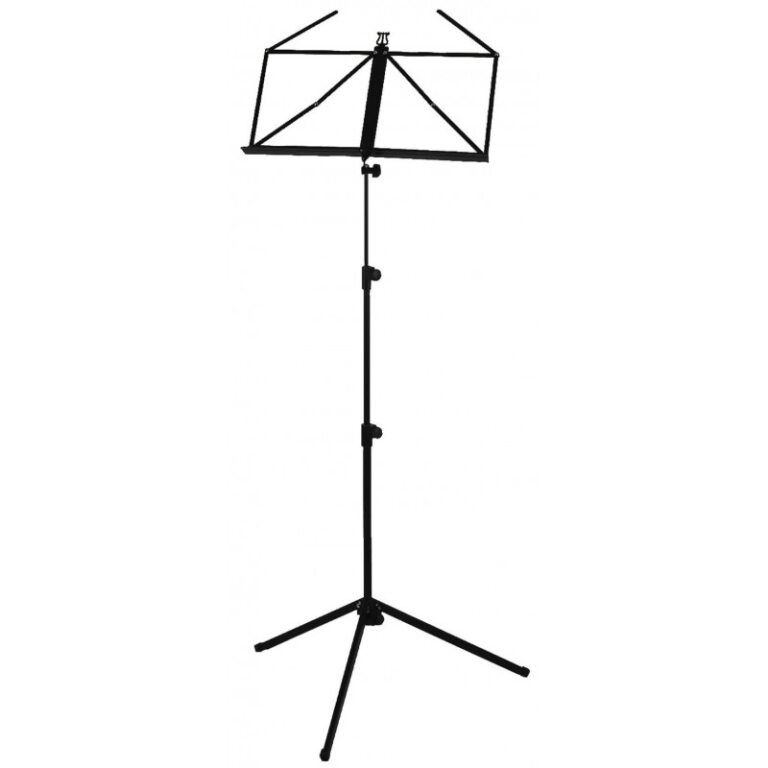Kabelác, Miloslav: Compositions I.
for Solo Flute
playing score
From 1932 to 1941 Kabelác worked as a recording director for Prague radio. He became recognized conductor, particularly of the 20th-century music. During the Second World War he had to leave the position in radio because of his wife´s Jewish origin. He returned there after the war and stayed until 1957. In 1958-62 he taught composition at the Prague Conservatory - his pupils included Ivana Loudová, Jaroslav Krcek, Zdenek Lukáš, Lukáš Matoušek, or Jan Málek.
As a protest against Czechoslovakia´s occupation by Nazi Germany he composed the can tata Neustupujte (Do not Retreat!, 1939) which was his first outstanding work. He used the texts of several folk songs from K.J.Erben´s collection from the time of the Prussian invasions of Bohemia in the mid-18th century, and the famous 15th-centrury Hussite chorale Ktož sú boží bojovníci (Ye Who Are God´s Warriors). The cantata is dedicated "To the Czech people" and it is one of the most personal and most effective of Kabelác´s compositions.
In the autumn of 1923, a young man produced the first music editions of his newly founded publishing house in his parents’ living room. He named his company Bärenreiter. In the spring of 1924 when Karl Vötterle came of age, he was able to register it with the German Publishers and Booksellers Association. At first, he mainly put out folk song collections, church as well as organ music including early music by Leonhard Lechner and Heinrich Schütz, at the time primarily known in specialist circles.
During the last months of the Second World War, the publishing house in Kassel was destroyed and once more a fresh beginning had to be made. With the start of the extensive German music encyclopaedia MGG – "Musik in Geschichte und Gegenwart" – as well as numerous series of scholarly-critical complete editions such as the “New Mozart Edition” and the “New Bach Edition”, the visionary founder of the publisher created the basis for the further development of Bärenreiter. The musicological editions increasingly aroused interest abroad, and Bärenreiter found itself on an expansion course.
When Karl Votterle died in 1975, his daughter Barbara took over the helm, supported by her husband Leonhard Scheuch. Under their leadership, the catalogue grew significantly and the brand BÄRENREITER URTEXT was established. Finally, in 2003, their son Clemens Scheuch joined the publisher which today he is managing together with his parents. Thus Bärenreiter has remained a family business to this day and has become a company of international standing in the world of classical music.

 Deutsch
Deutsch Español
Español Français
Français Magyar
Magyar Polski
Polski Română
Română Slovenský
Slovenský Slovenščina
Slovenščina 中文
中文














